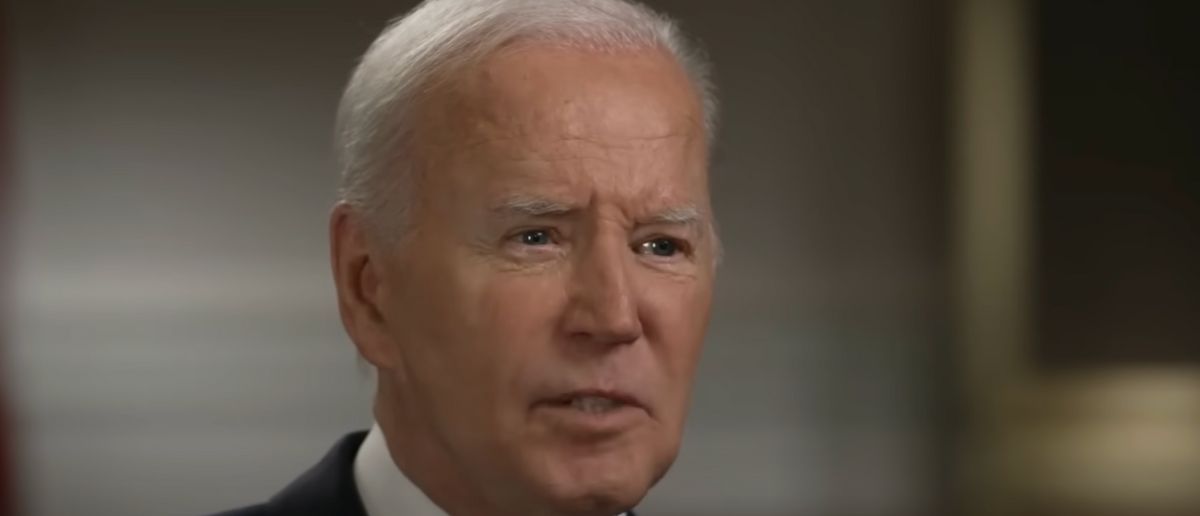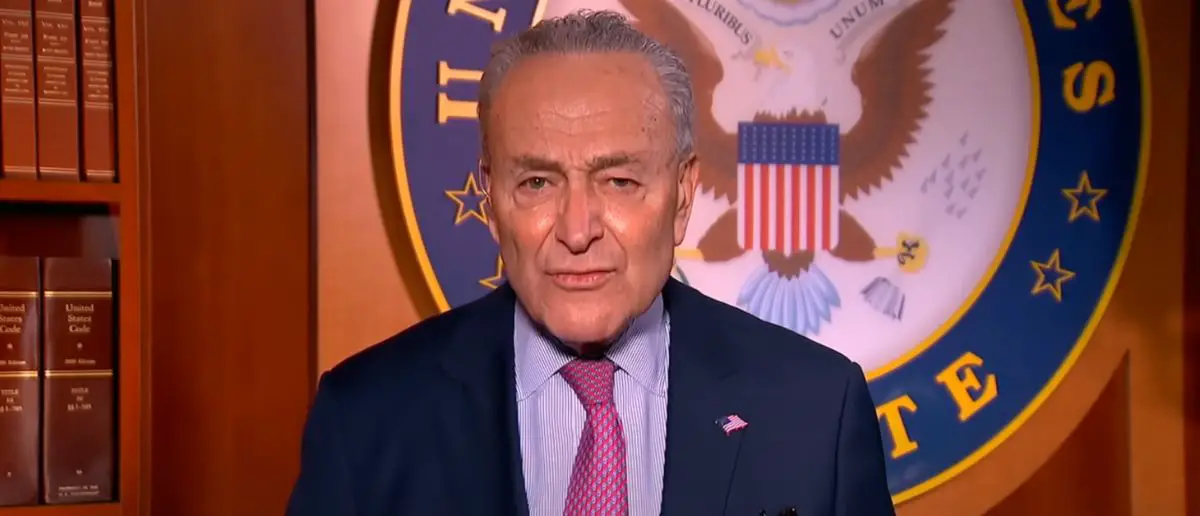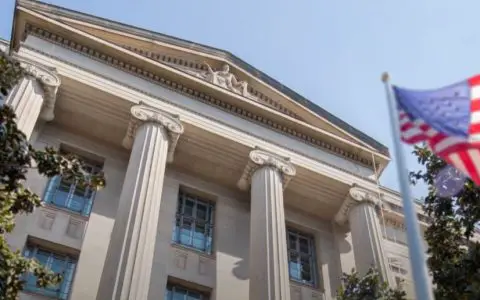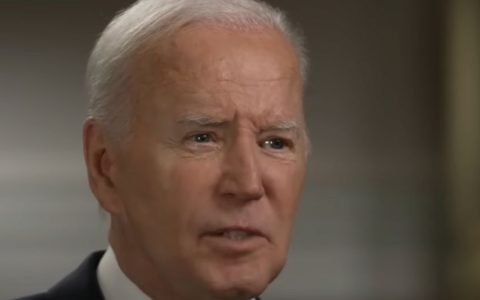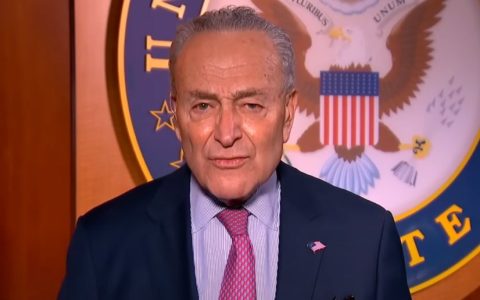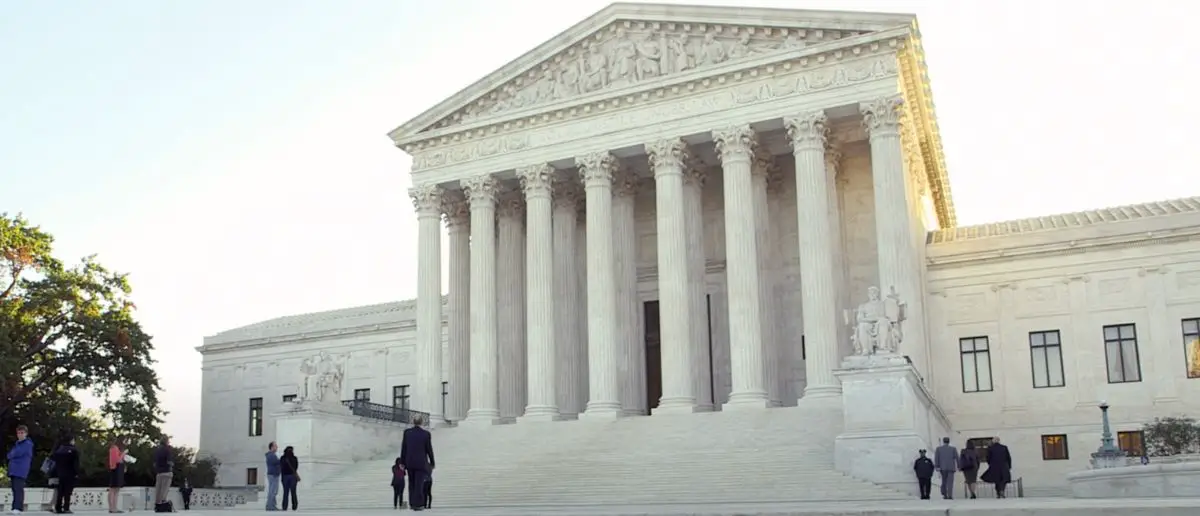
The judicial crisis in America is reaching a head. The law-fare is drowning the entire nation.
And now the U.S. Supreme Court has been put on notice by a lower court’s big decision.
Federal Appeals Court Upholds New York Gun Restrictions in Sensitive Areas Amid Legal Debate
A federal appeals court has reaffirmed New York’s ability to enforce restrictions on carrying firearms in “sensitive” locations, such as public transit, hospitals, and schools. This ruling, issued by the 2nd U.S. Circuit Court of Appeals in Manhattan, was prompted by a U.S. Supreme Court directive to reassess the decision in light of a landmark 2022 gun case, as reported by the Associated Press (AP).
While the Supreme Court ruling in June relaxed certain gun regulations, the 2nd Circuit found that New York’s restrictions on specific areas could still be upheld, stating that after review, the findings remained largely consistent with prior conclusions.
Though the ruling is significant, the legal battle over these restrictions is ongoing. The 2nd Circuit remarked that the decision was made “at a very early stage of this litigation,” indicating that further legal arguments and evidence could impact the case’s trajectory as it progresses.
A December 2023 decision by a panel of three 2nd Circuit judges upheld New York’s ban on firearms in 20 identified “sensitive” locations and maintained the state’s requirement that handgun license applicants demonstrate “good moral character.” However, the panel overturned mandates for applicants to disclose social media accounts and invalidated a blanket ban on concealed firearms in specific public settings like shops and restaurants.
New York’s updated gun legislation, passed following the Supreme Court’s repeal of previous restrictions, triggered intense debate between gun rights advocates and lawmakers. The new law streamlined the handgun licensing process but also increased the list of prohibited areas for firearms, adding schools, zoos, bars, theaters, and voting sites. This action followed a mass shooting in Buffalo that k*lled ten Black residents, sparking calls for stronger gun safety measures.
Federal appeals court upholds New York’s ban on guns in sensitive places https://t.co/o32PpDDnpM
— WFXR News (@WFXRnews) October 24, 2024
Democratic New York Governor Kathy Hochul hailed the appeals court decision as a step forward for public safety, applauding the court for upholding a “common-sense measure” that she believes contributes to New York’s low firearm mortality rate, according to AP. Erich Pratt, senior vice president of Gun Owners of America, criticized the ruling as a dismissal of Supreme Court precedent and a disservice to gun owners across New York.
“The Second Circuit got it wrong the first time, SCOTUS told them so and said try again, and this nearly identical ruling is a slap in the face to the Justices and every gun owner across New York,” Pratt said in a statement.
New York Attorney General Letitia James, a Democrat, viewed the ruling as a victory for “gun safety” advocates, stating, “After repeated attempts to weaken our gun safety regulations, once again we have prevailed.”
Meanwhile, a separate ruling by a federal district court deemed New York’s prohibition on firearms on private property without explicit consent unconstitutional. The U.S. District Court for the Western District of New York blocked the state from enforcing this measure, which had criminalized firearm possession on private property without the owner’s permission through signage or direct consent.
U.S. Supreme Court Busy As Ever With High-Profile Cases
The U.S. Supreme Court has for a couple years now been extremely busy litigating cases that have major implications for the rest of the nation. Some cases have touched on hot-button topics like the Second Amendment, the First Amendment, Presidential immunity, abortion, and more.
With these major rulings, though, challenges have been brought against the U.S. Supreme Court, with some far-Left Democrats in Congress even calling into question the High Court’s validity and integrity.
A sort-of constitutional crisis has been brewing and seems to be coming to a head as a result of these challenges against the U.S. Supreme Court and it’s authority. Even the Biden-Harris administration has said they will seek to push their agenda items even if the U.S. Supreme Court has ruled their executive orders unconstitutional, like the student loan “forgiveness” plans.
After the major 2023 ruling on the original Biden-Harris plan to unilaterally cancel student loan debt was ruled unconstitutional, the White House allies went right back to the drawing board to figure out a way how they could get around it.
Stay tuned to the DC Daily Journal.

